
At left is a photo I took in late 2006 of the new floodgate being built at the London Canal in New Orleans. Like the levees at the Industrial Canal and the 17th Street Canal, the London Canal levee failed, sending a massive amount of water from Lake Ponchartrain into the neighborhood called Gentilly and beyond. The new floodgate is designed (hopefully) to prevent such a flood in the future.
We will soon be starting on this blog a new series (possibly on August 1st and going to at least August 29th) called Remember Hurricane Katrina. Three years ago the worst natural disaster in American history hit the city of New Orleans and the nearby region. Almost 2,000 people were killed, and hundreds of thousands were made homeless or displaced from their homes. Billions upon billions upon billions of dollars worth of damage was done. New Orleans has still not recovered -- three years later -- and will not likely recover for at least another five years or more. (Many experts expect it will take 10 years for New Orleans to recover after the storm.)
We hope to bring you first hand accounts from our students about their lives since the storm and their thoughts about Katrina and how it affected them. Hopefully, we can bring you photos of how New Orleans looks today three years "after the storm." (The internet is already filled with other photos from the days of Katrina, and such nightmare images can be found elsewhere on the web. Thank you.)
Why should we remember Katrina? We should remember it because it was the single most costly disaster in American history; we should remember it because it destroyed our city...almost... and killed about 2,000 of our friends, neighbors, relatives, and fellow citizens; we should remember it so that the mistakes of Katrina are not repeated and that the bravery and self-sacrifice of those who helped the victims are not forgotten; and we should remember Katrina for the sake of all those people who suffered through it ... and are still suffering because of it to this very day.
-- Adrian

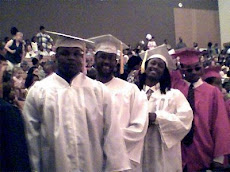
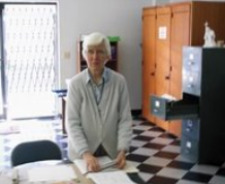

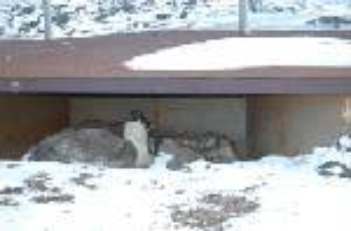
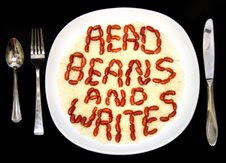
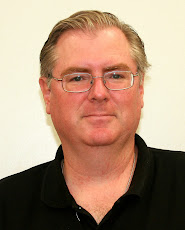

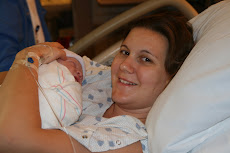
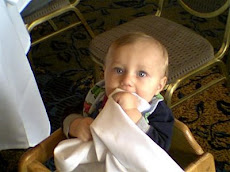
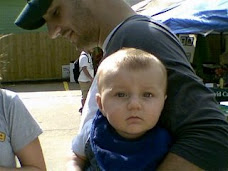



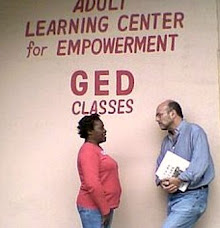

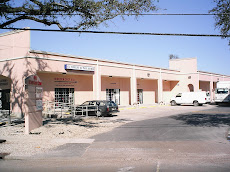



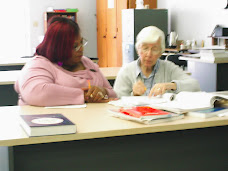
No comments:
Post a Comment